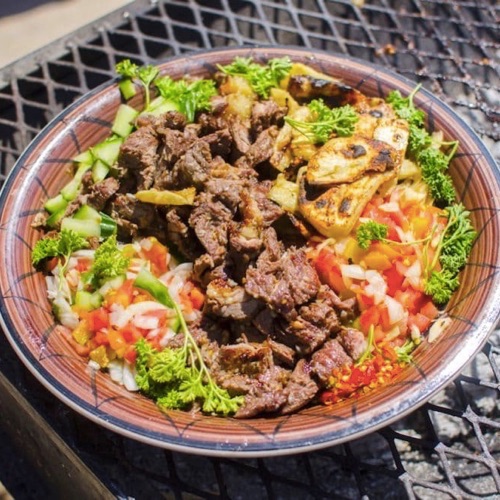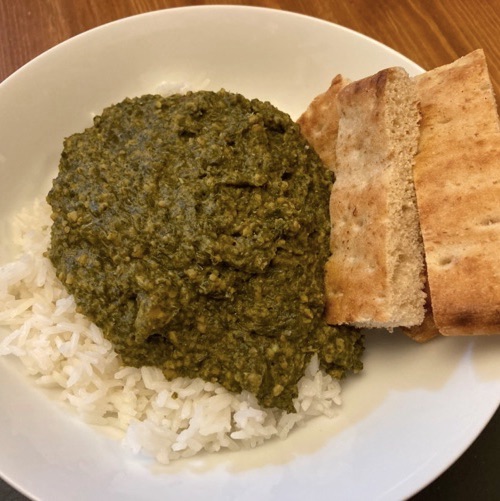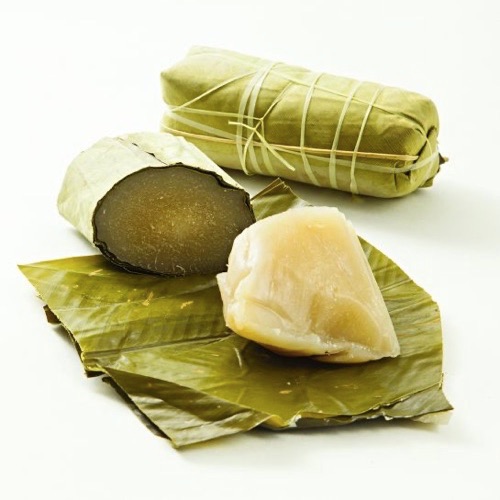Whether you enjoy your morning java topped with whipped cream, with beautiful milk foam art, or just a shot of powerful espresso, it’s safe to say that there are hundreds of ways to enjoy coffee today.
But how do we love to drink our coffee here in South Africa? That’s the question we’ll be looking to answer today, as we delve deeper into the origins of our own coffee culture and what’s to come for South Africa’s own booming coffee and cafe scene.
Here’s a brief history of South Africa’s own unique relationship with the coffee bean, starting from the very origin of coffee itself and moving all the way through to the present day.
Where coffee lovers can find coffee machines in South Africa across cafes as well as in offices and even in our family homes.

The Origin of Coffee
The origin of coffee actually traces back to the ancient forests of the Ethiopian plateaus, just 4,777 km from South Africa. According to legend, the goat herder Kaldi is said to have first discovered the alluring potential of coffee.
But the monks deemed it a devil’s fruit and threw it into the fire, only to change their opinion when the roasted berries let out a sweet, heavenly aroma, enchanting their senses.
Thus, the beans grew in demand and consumption, slowly being exported to Arabia, where they got their modern-day form of roasted coffee beans and later exported to Europe.
In the mid-1600s, after firmly securing the roots of coffee culture in Italy and England, the aromatic beans finally reached America in 1607.
From there, the coffee business really began to boom, with America becoming one of the leading coffee-consuming countries in the world. Cut to today with the global expansion of Starbucks, and it’s safe to say that we love our American-style coffee.
Back in Africa, however, coffee culture has continued to evolve, reflecting both international trends and local preferences.
Historically, the widespread drinking of coffee by South Africans kicked off in KwaZulu-Natal province in the mid-17th century, making it the hub of South African coffee farming. Here is an overview of South Africa’s wider coffee culture.
Diversity in Coffee
Along with its mesmerising landscapes, unique cuisine, and cultures, South Africa is known for its diverse coffee production, offering a wide variety of coffee options ranging from instant coffee to traditional specialty coffee.
Authentic coffee flavours can easily be relished, even through a small coffee shop visit. Going along with the global flow of coffee culture, South African cafes have begun to introduce espresso-based drinks such as cappuccinos, lattes, and white drinks.
Many South Africans enjoy the rich and creamy texture of these coffees.
Although we’ve secured plantations of rich Arabica coffee beans here in South Africa, we still have growing interests in exploring Ethiopian, Kenyan, and Rwandan coffee in many of its specialty coffee shops.
In short, South African java drinkers simply love celebrating the diversity of African coffee beans.

South Africa’s Thriving Cafe Culture
As hosts of an annual international festival solely for celebrating all things South African coffee, South Africans have clearly adopted this raging caffeine culture and are enthusiasts of the beverage itself.
Today, Cape Town is known as an international coffee capital, having the largest number of independent roasteries in the country, with over 70 cafes in the CBD alone.
South African cities, especially Cape Town and Johannesburg, have vibrant coffee shops that act as social spaces, where people gather to enjoy a cup of coffee alongside good conversation.
South African cafes are also well-known for incorporating local dishes like bobotie-inspired pastries and boerewors (South African sausage) sandwiches into their menus.
There are also other local drink offerings, like rooibos (South African herbal tea) or other hot teas made with locally sourced spices.
And alongside Cape Town’s annual coffee festival, South Africa also hosts a variety of other coffee events, including barista competitions and other more local coffee festivals.
All with the intent of promoting coffee education and appreciation among both coffee industry professionals and enthusiasts alike.
Going Along Trends
South Africa has embraced the global artisanal coffee trend, with baristas at specialty coffee shops skilled in the art of coffee presentation and intricate latte art.
The trend of various cold coffees, pour-over methods, and alternative milk options such as almond and oat milk have all found their place in South African coffee culture.
Origin Coffee Roasting in Cape Town is the finest example of a cafe that provides training specialising in artisanal coffee art since 2006.
And as we mentioned, some cafes and restaurants even take a unique approach by providing their customers with certain variations of coffee and cuisine pairings, enhancing their dining experience.
In recent years, South Africa has become known for its specialty coffee, which has grown in popularity as people’s interest in quality coffee grows.
Alongside these lifestyle trends however, coffee producers and consumers alike have also started thinking on how the South African coffee scene can boost their sustainability.
Many coffee companies in South Africa are committed to developing their own ethical and sustainable ‘fair trade’ practices in the face of climate change. But more on this below.

Curbing Coffee Industry Impacts
The caffeine wave is still on the rise as one of the most in-demand and popular beverages around the world. Naturally, this great demand indirectly puts immense pressure on South African coffee producers.
Environmental impacts are already of great concern to local South African coffee producers, as several African countries face frequent and severe droughts.
During the COVID-19 pandemic in 2020, the cafe industry was one of the most severely impacted sectors.
Although the coffee shop industry suffered a huge financial blow, coffee itself survived as consumers, in an attempt to make the best of the situation, continued to replicate their favourite cups, making it a trend throughout the lockdown period.
Simply put, the COVID-19 pandemic has had a multifaceted impact on South African coffee culture. And while this presented significant challenges to the coffee industry, it also spurred innovation, adaptation, and an increased appreciation of coffee among South Africans.
In Summary
Coffee has created an irreplaceable foothold in the South African economy. However, in comparison to other African countries like Ethiopia and Uganda, South Africa’s coffee scene still has a ways to go.
Due to our small-scale production, most of our coffee output is actually used for domestic purposes rather than for exportation, making South African coffee a rarity in the international coffee market.
But the demand for specialty coffee is expected to grow continuously in South Africa, while sustainability and ethical sourcing will become increasingly important.
And as the coffee industry continues to boom, South African coffee businesses will need to stay adaptable and responsive to intense competition, changing trends, continuous price fluctuations, and changing global market dynamics in order to thrive in the future.
In short, South African coffee culture is dynamic and constantly evolving, offering a wide range of coffee options and reflecting a unique coffee culture that draws from global trends as well as creating its own cafe staples.
This reflects a growing appreciation for quality coffee and a desire to stay abreast of global coffee trends while embracing local tastes and traditions.



